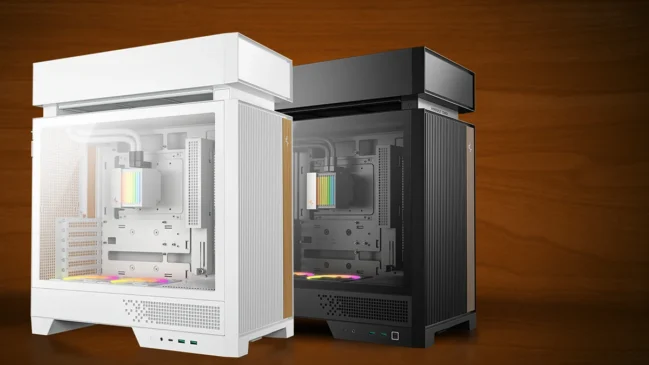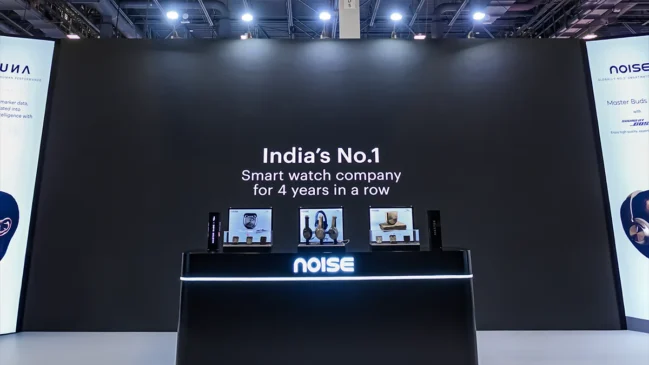
Apple in the past years has kept its progression rate at top notch, and this year it’s no different. Let’s see the 11th Annual Supplier Responsibility Progress Report.

Apple believes everyone in its supply chain deserves dignity and respect. From stricter standards to improving working conditions and protecting the planet, Apple raises the bar higher for its suppliers and the industry. See highlights in the new Supplier Responsibility progress report.

In 2016, Apple audited 705 suppliers and compliance with a 60-hour maximum work week reached 98%, an all-time high. Apple also tripled the number of supplier sites in the Energy Efficiency program, resulting in the reduction of over 150,000 metric tons of carbon emissions — the equivalent of taking 31,000 cars off the road for a year.
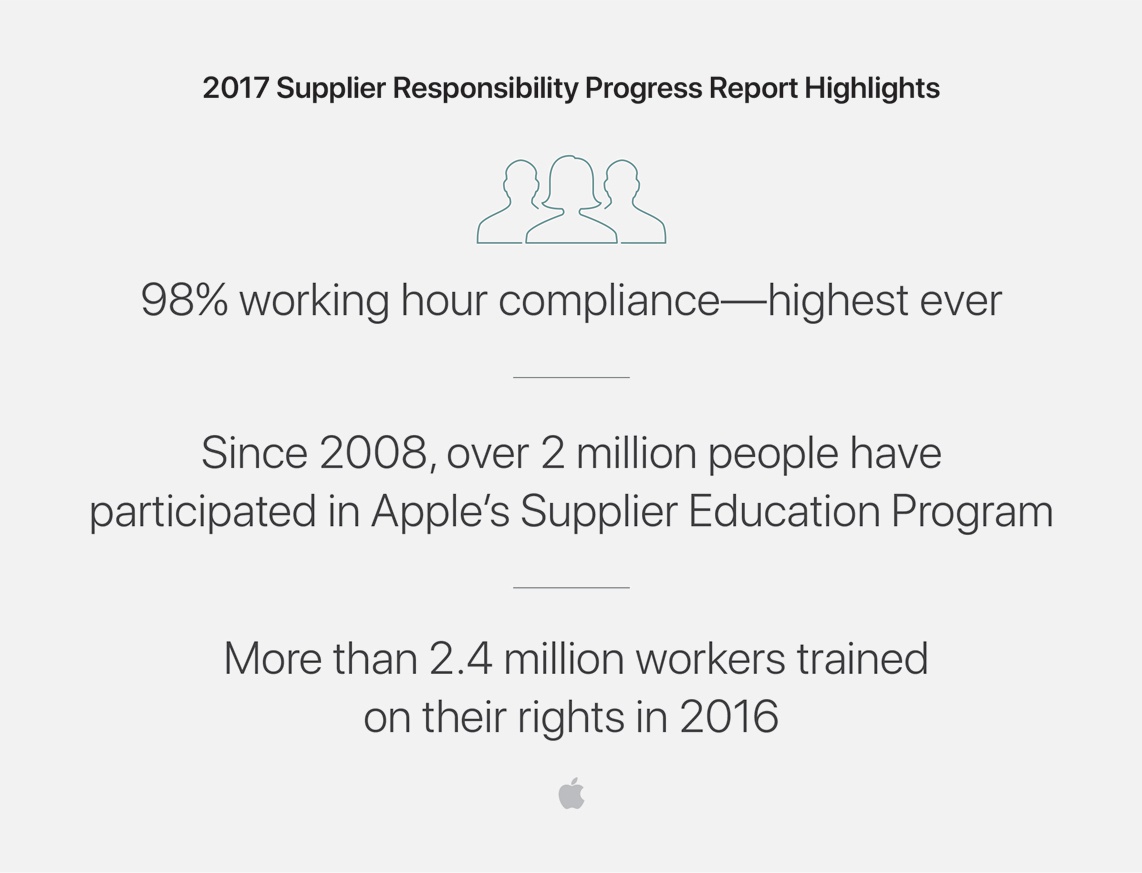
For the first time, Apple suppliers achieved 100% UL Zero Waste to Landfill validation for all final assembly sites in China. Since 2013, Apple’s Clean Water program saved over 3.8 billion gallons of fresh water, enough to provide every person on the planet with 18 glasses of water.
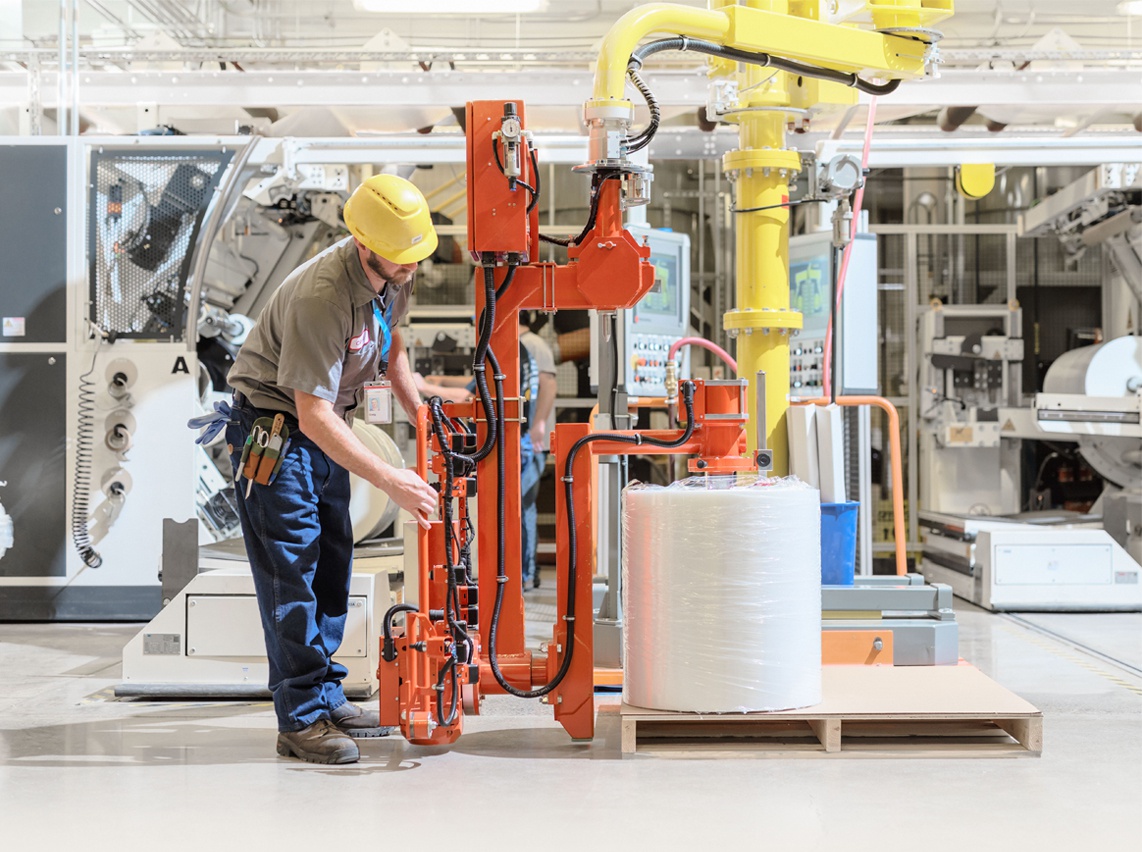
Apple’s responsible sourcing efforts expanded beyond conflict minerals to include cobalt for the first time. For the second year in a row, 100% of Apple’s tin, tungsten, tantalum, and gold (3TG) smelters and refiners are participating in independent third-party audits. Apple has also partnered with numerous NGOs to drive positive change on the ground, including Pact, who are working to provide essential health and safety training to artisanal mining and building programs to help children stay in school.
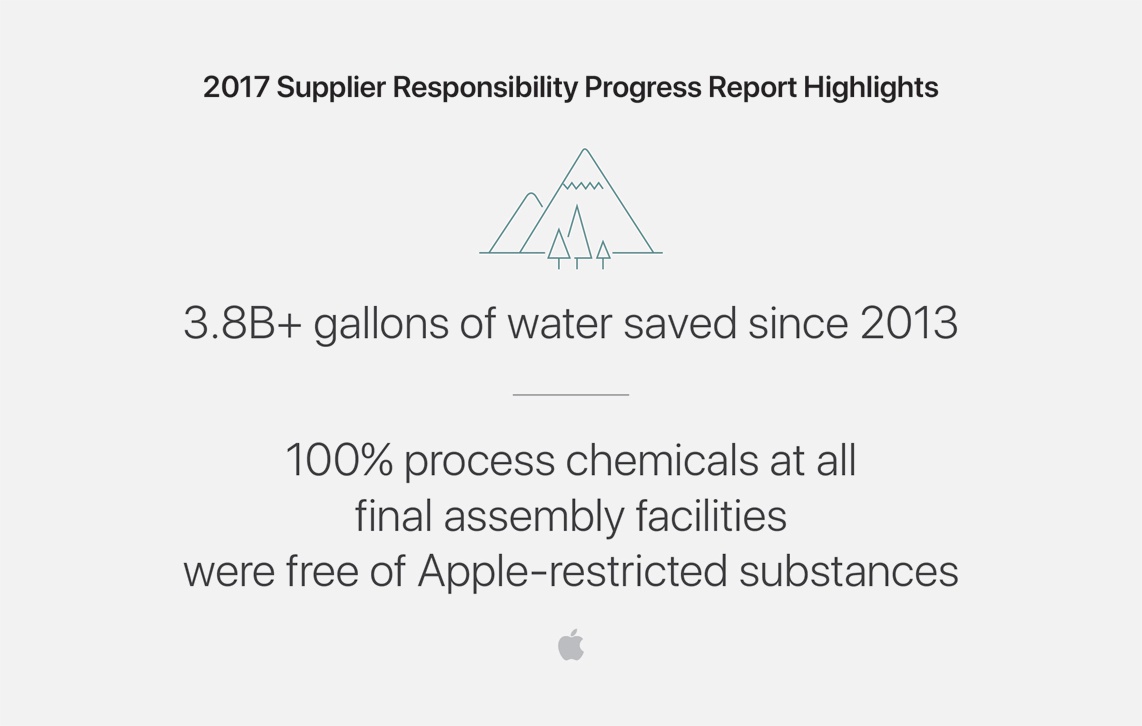
In 2016, Apple trained more than 2.4 million workers on their rights as employees. Since 2008, over 2 million people have participated in Apple’s Supplier Employee Education and Development (SEED) program. It offers opportunities to earn higher education degrees, attend vocational training, and take classes in arts, finance and language skills.
APPLE PROGRESS REPORT



